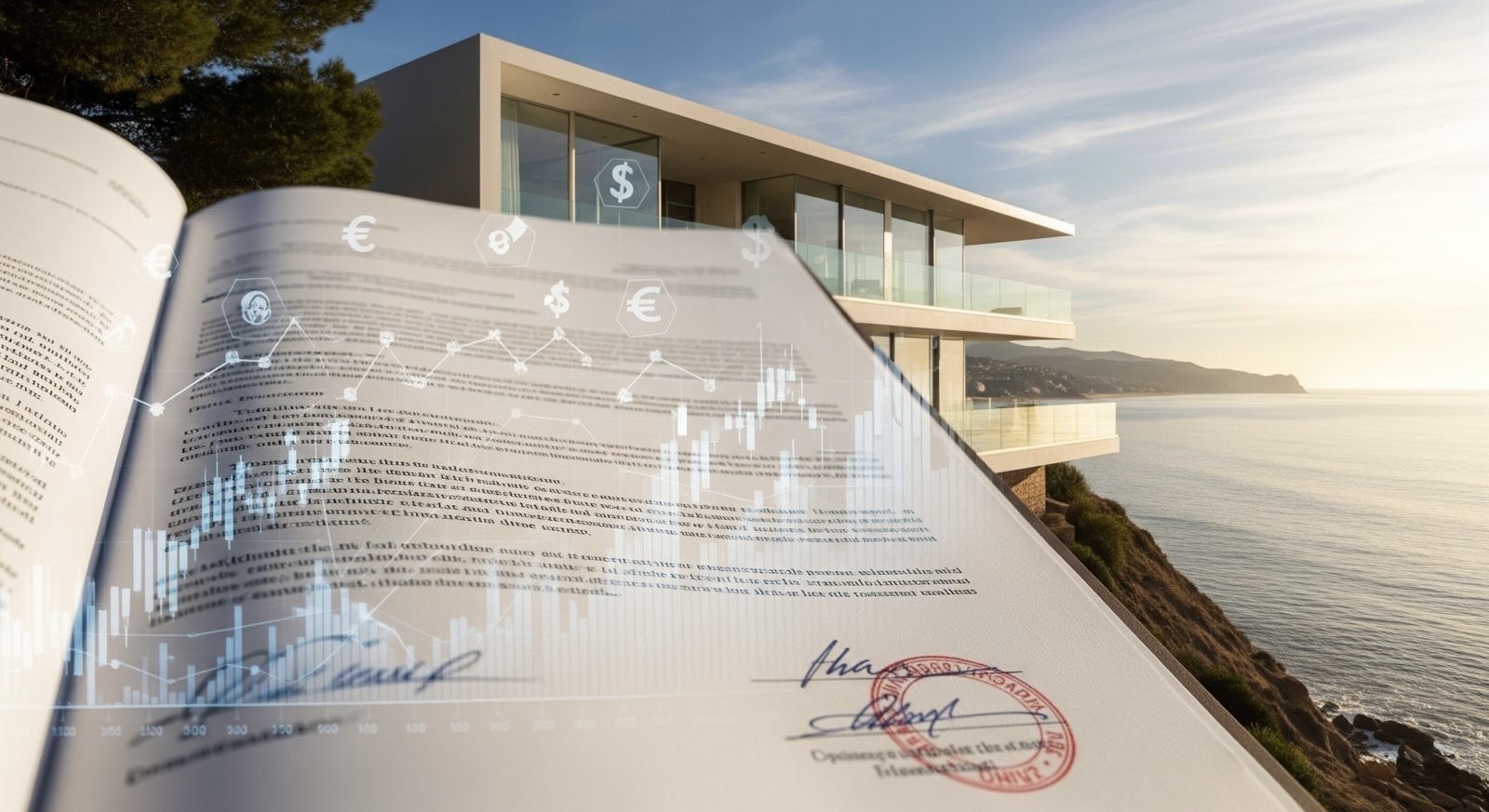A major legal change in Spain is set to benefit international property investors. In July 2025, Spain’s Audiencia Nacional (National Court) ruled that non-EU property owners renting out property in Spain can deduct rental expenses from their taxable income. This landmark decision removes long-standing inequality between EU and non-EU landlords and makes Spanish property ownership more attractive for investors from countries such as the United Kingdom, the United States and Canada.
What was the rule before?
Until now, Spain applied different rules depending on residency status:
- EU/EEA residents: 19% tax on net rental income (after deductions).
- Non-EU residents: 24% tax on gross rental income (no deductions allowed).
This meant non-EU landlords were taxed on the full rental amount, regardless of how much they spent running the property.
What has changed?
The National Court’s ruling of 28 July 2025 confirms that non-EU owners must be treated the same as EU owners for rental deductions. The non-EU rate remains 24%, but it now applies to net rental income after allowable costs.
Why the change?
- EU principles on the free movement of capital.
- Case law from the European Court of Justice.
- Non-discrimination clauses in Spain’s double taxation treaties.
Which expenses can be deducted?
Non-EU property owners can deduct the same costs as EU owners, provided they are directly linked to the rental activity and properly documented with invoices/receipts:
- Maintenance and repairs (non-capital)
- Mortgage interest
- Insurance premiums
- Community fees and local property taxes (IBI, rubbish collection)
- Utilities (electricity, gas, water, internet)
- Property management and letting agency fees
What is the practical impact?
For many landlords, the ruling will reduce annual tax bills.
Illustrative example
- Annual rental income: €30,000
- Deductible expenses: €10,000
- Before: 24% of €30,000 = €7,200
- After: 24% of €20,000 = €4,800
Annual saving: €2,400 (figures for illustration only).
Can past taxes be reclaimed?
Yes. If you paid non-resident tax (IRNR via Modelo 210) without deductions in the last four years, you may request rectification and reclaim overpaid amounts. The Spanish limitation period is typically four years, so timing matters.
What should landlords do now?
- Start deducting eligible costs in future Modelo 210 filings and keep thorough documentation.
- Assess past returns for the reclaim window and identify recoverable expenses.
- Consult a qualified Spanish tax adviser to prepare rectifications and ensure compliance.
Is an appeal possible?
The State Attorney may still appeal to the Supreme Court. However, the reasoning is grounded in EU law and treaty obligations. For now, non-EU owners should apply the deductions and seek professional advice where appropriate.
Helpful sources
How Livingstone Estates can help
At Livingstone Estates, we help clients maximise the value of their investments, from rental strategy to connecting you with trusted tax advisers. If you own a property in Spain and would like tailored guidance on the impact of this ruling, or if you are considering buying a luxury property in Estepona or along the New Golden Mile, our team is ready to assist.
Contact
If you would like help reducing your rental tax bill or improving your return on investment under the new rules, contact our team or call +34 952 806 417 for tailored, straightforward guidance.
Livingstone Estates – Luxury Real Estate on the New Golden Mile
Phone: +34 952 806 417
Email: info@livingstone-estates.com
Website: www.livingstone-estates.com
Frequently asked questions
Does the 24% non-resident tax rate change?
No. The rate remains 24% for non-EU/EEA non-resident landlords. The difference is that it now applies to net income after eligible deductions.
Which form do I use?
Non-resident landlords declare Spanish rental income using Modelo 210. A tax adviser can help reflect the new deductions correctly.
Can I reclaim tax from previous years?
Potentially yes, for periods still within Spain’s four-year limitation period, by filing rectifications where you previously could not deduct expenses.
What records should I keep?
Keep invoices, receipts and contracts supporting every expense you intend to deduct, plus bank statements and tenancy documentation.
Will the ruling definitely stand?
An appeal is possible, but the ruling rests on established EU law principles. Seek advice and proceed on the basis of the current decision.
Register today to our Guadalmansa Insider Newsletter and get all the latest updates & news about the Guadalmansa area in your inbox.
